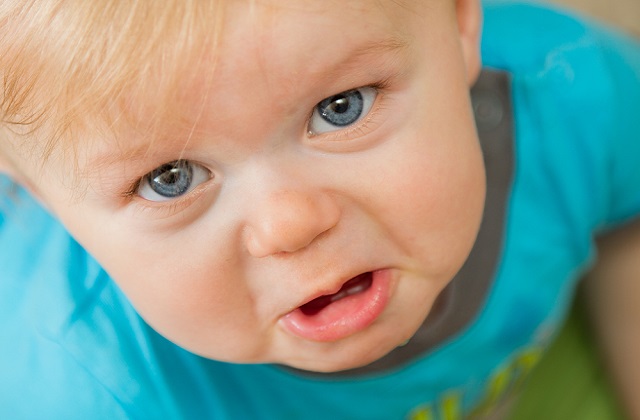What to do if your child is a bully?
Signs that your child is possibly a bully
Your child is constantly causing or being involved in trouble at school
If your child is constantly being assigned to detention or having bad remarks from teachers, this is a clear cut sign that your child is behaving strangely. It is highly possible that your child is venting his/her anger or displeasure on others OR is a victim of bullying. As a parent, it is imperative that we figure or find out which possibility is true and attempt to address it sooner or later.
Worsening relationship between parent and child
Behavioral issues displayed by children can often be traced back to bad parenting. Violent behavior or constant yelling by parents are often emulated by children. Moreover, their self-esteem and sense of self-worth will drop if they feel that they are merely a nuisance to their parents. Thus, they will often seek to vent their frustrations and unhappiness elsewhere on others. Parents whom have a stable and healthy relationship with their children could avoid these issues by having open and heartfelt talks with their children which prevents them from bottling up their negative emotions.
Peer pressure
In their desire to fit in at school, your kids may seek to join cliques in search of companionship. However, these cliques may be bullying other schoolchildren by excluding them from activities or engaging in hostile conflicts with other cliques. If the other clique members are by nature aggressive or unpleasant individuals, they may influence your children into possessing similar characteristics and a similarly antagonistic behavior towards non-clique members.
Tendency to misunderstand actions of her peers and inability to empathize with how victims feel
Some children display low empathy towards others. This is usually attributed to a lack of education on the part of parents and other role models in these children’s lives. Alternatively, children whom are emotionally sensitive or introverted may constantly misunderstand mundane gestures such as criticism or disagreements by peers as hostilities. Thus, they may retaliate by bullying the ‘hostiles’. Lack of sleeps is one possible cause of such paranoia as children whom suffer from a lack of sleep can be highly irritable and frustrated, thus rendering them vulnerable to emotional instability.
How to discipline your child?
Hold your child accountable for his/her actions as bullying is a choice
It does not matter whether children are influenced by others into engaging in acts of bullying. No matter what the reason is, children have to be reminded that their acts of bullying are conscious decisions that they made. As a parent, it is of utmost importance that you ensure your children owns their choices and accept full responsibility for their actions. It is very common for children to deny responsibility in order to avoid maximum punishment for their bullying. Parents must not allow that to happen by sending a clear message through conversations or actions that the child will hold full responsibility for their actions and will be punished accordingly with no exception granted
Removing relevant privileges
Physical punishment is a big no-no as it indirectly indicates to children that violence against other human beings is acceptable. This might actually worsen their bullying tendencies in the future. Instead, removing the platforms in which they utilize to bully others is a preferable alternative. For instance, if your child is involved in cyberbullying, where he/she uses the internet or other electronic devices to bully others online, we can use our rights as a parent to confiscate their mobile device or possibly limit their social media access. In doing so, we are indicating to our children that their actions of bullying have legitimate consequences. Also, it is important that we impose reasonable durations on these punishments as if we go overboard, the children may not even attempt to abide by the punishment’s terms and conditions if they deem them ridiculous. Instead, they will become rebellious by continuously misbehaving as they know that their punishment isn’t going to be reduced anyway.
Supporting the School’s anti-bullying policies
In order for children to change for the better, parents must openly support the school’s anti-bullying policies. Unless the punishment seems inhuman, it is crucial that parents demonstrate that they will not be bailing out their kids when their kids engage in bullying behaviors. This is to certify that bullying is morally wrong to the children and that mom and dad agrees with the school’s system. If parents do not abide by the school’s policies, they are directly enabling the actions of their children as they are demonstrating that they think its permissible for a child to bully others.
Inculcating empathy in our children
Start by having heart-to-heart talks with children about the effects of bullying on others. Then, if possible, attempt to liaise with the victims’ parents in order for your child to have discussions with victims of his/her bullying. Use the opportunity to let your child apologize and as a result, learn valuable life lessons such as swallowing one’s pride and acquire a taste for redemption. Moreover, establishing a positive home environment will call for all family members to treat each other as equals and with due respect. Such actions will improve the child’s empathy and emotional capacity by granting them control of their lives again. Never shame the child however, as it is just another form of bullying. This would result in more emotional scarring on the child and further hinder their ability to communicate and empathize with others.
